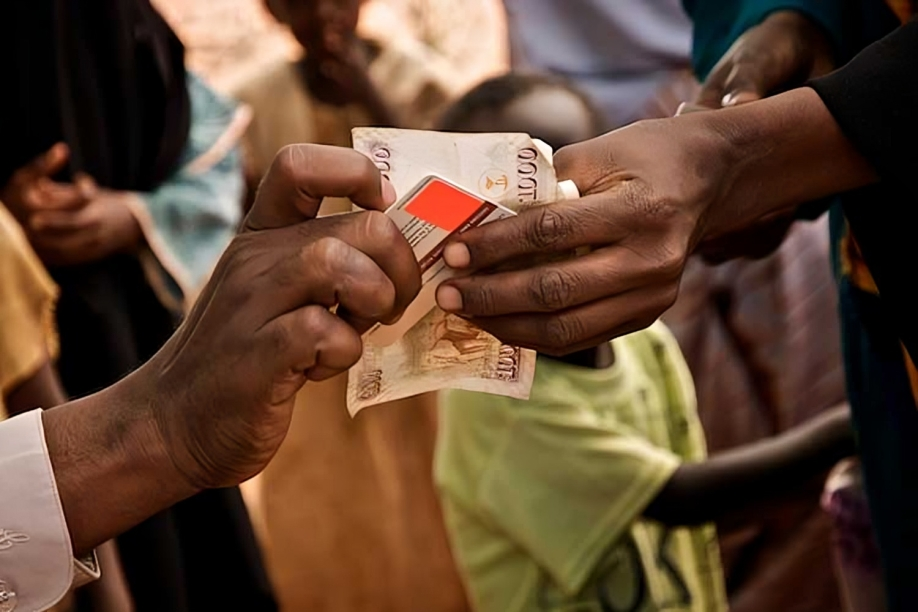Cash Transfers as Welfare: A Boon or a Political Strategy?


News:
The U.K’s The Guardian newspaper announced earlier this month that it will no longer be posting on X, claiming that it is “a toxic media platform” and that its owner, Elon Musk, “has been able to use its influence to shape political discourse.”
Arguments in Favor of Cash Transfers as Welfare Schemes:
Targeted Financial Support: Cash transfers, such as those in the Mukhyamantri Majhi Ladki Bahin Yojana, are a way of offering immediate financial assistance to vulnerable groups, particularly women. These transfers are considered an effective way to provide relief in situations where people have limited access to other forms of aid, allowing them to overcome financial distress quickly.
Empowerment of Women: Many advocates, including Reetika Khera, assert that cash transfers can significantly enhance women’s economic independence. Providing direct financial assistance empowers women, especially in patriarchal societies, where they may be financially dependent on male family members. The scheme has the potential to improve women’s status in households, boost their health, nutrition, and even compensate for unpaid domestic work.
Flexibility for Beneficiaries: Cash transfers, especially those through Direct Benefit Transfers (DBT), allow recipients to decide how to use the money. This stands in contrast to more rigid welfare programs that distribute specific goods like food or housing. Beneficiaries can direct funds to the most immediate needs, whether it’s for healthcare, education, or basic necessities.
Filling Gaps in Welfare: Cash transfers can complement existing welfare schemes, like pensions or maternity benefits. For instance, the Pradhan Mantri Mathrubhumi Dhana Yojana addresses a significant vulnerability—financial support for women during pregnancy—which traditional welfare systems may not cover sufficiently.
Arguments Against Cash Transfers as Welfare Schemes:
Short-Term Solutions: Critics, including Vikas Rawal, argue that cash transfers are often a form of short-term relief that fails to tackle deeper issues of poverty and inequality. They believe such schemes, often viewed as “election soap,” fail to establish a sustainable welfare state and can only provide temporary alleviation without bringing about lasting improvements in living standards.
Displacement of Other Welfare Spending: Cash transfers could undermine other vital welfare programs, such as healthcare, education, and employment programs like MNREGA. Funds allocated for cash transfers might be better used to expand these services, which can have more sustainable benefits for people, especially women, who would also gain employment opportunities and long-term empowerment.
Corruption and Inefficiency: Both Vikas Rawal and Reetika Khera have raised concerns about the inefficiencies and potential for corruption in cash transfer programs. Although DBTs are designed for direct transfers, the reality in areas with poor banking infrastructure is that intermediaries can misuse funds, leading to leakages and reducing the effectiveness of the program.
Missed Opportunity for Structural Change: Critics also argue that cash transfers fail to address the root causes of gender inequality, lack of employment, and other structural issues. For example, cash handouts may temporarily improve women’s financial status, but without accompanying efforts to improve job opportunities or access to resources, they might merely reinforce existing inequalities rather than create long-term changes.
Conclusion:
While cash transfers can provide immediate relief and empower marginalized communities, critics argue that they often serve as a temporary fix that does not address underlying structural issues like employment, education, and long-term social welfare.